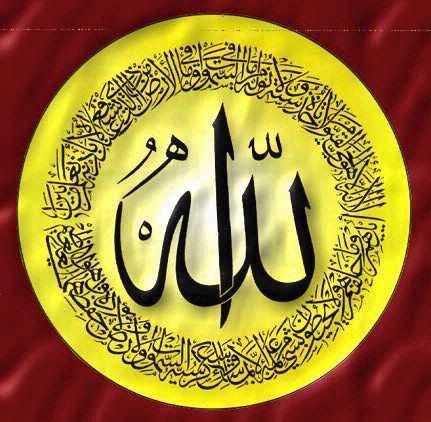The 15th of Sha'ban or "Laylatul-bara'ah" is a night when Allah, The Creator, will decide the destiny of Muslims. This includes death, health and wealth.
Mid Sha'ban or "Laylatul-bara'ah" as the Sunni Muslims call the night, is a time when Allah comes to the first heaven and asks, "Is there anyone seeking sustenance so that I may grant him? Is there anyone seeking forgiveness so that I may forgive him? Is there anyone in need so that I may fulfill that need?"
In Islam, this is a night when all Muslims should seek the forgiveness of Allah, The Almighty, and ask for what is needed. For Muslims, jannah (heaven) is the ultimate goal.
Acts of Worship to do on the 15th of Sha'ban
The acts of worship that are performed on this special evening are the same as those which are performed on special nights of merit, such as on the day of Arafat. These acts of worship may include voluntary prayers, praising Allah, reading the Quran, sending blessings on Prophet Mohammad and charity for the poor. Doing good deeds is especially meritorious.
It's believed that Allah will forgive sins on this evening except for those who do not follow his commands and those individuals who fall into these categories, according to Ummah.com:
- Backbiters and scandal mongerers
- Those who harbor enmity against other Muslims.
- Individuals who are alcoholics.
- Those who disobey their parents.
- Those who wear their trousers below their ankles.
- Those who commit adultery regularly.
- Those who sever family ties.
What is a Weak Hadith?
Weak hadiths are ones not verified through a reliable source, such as Muslim, Bukhari or Dawood. Although many weak hadiths are correct and true, it is better to stick with a strong hadith when possible. Does this mean then that 15 Sha'ban is not the day Allah will decide the destiny of humanity? The scholars have stated that this day should be spent in worship and that it is not bid'ah to fast and worship.
"Almighty Allah descends to the lowest Heaven on the 15th night of Sha'ban and forgives such number of people that is more than the number of the hairs of the sheep of Banu Kalb (a tribe that has a great number of sheep)." (Al-Bukhari stated weak hadith)
What is Bid'ah?
Bid'ah is an innovation and something that Prophet Mohammad never practiced. In other words, it was not "sunnah" or a practice of the Prophet. Prophet Mohammad warned that future generations would practice bid'ah. Bid'ah is an innovation of belief or an innovation of action.
There are two types of bid'ah. Bid'ah of this world include innovations related to medicine and technology; the other type is bid'ah of religion. For Muslims, the former type of bid'ah are not haram (forbidden), but the latter — innovations of religion — are considered haram and thus, must be avoided.
Aisha reported that the Prophet Mohammad (peace be upon him*) said: "Whoever innovates into this affair of ours something that we have not commanded it is to be rejected." (Bukhari and Muslim)
According to Jaabir, the Prophet Mohammad (peace be upon him*) also said, "The best speech is the Book of Allah and the best guidance and example is that of Prophet Mohammad, and the worse of all things are the newly invented things (in the religion), for every innovation is a error and a misguidance." (Muslim) It's also said that "…Every innovation is a going astray and every going astray is in the fire." (Tirmidhi)
15 Sha'ban - Debate about the Night of Bounty and Forgiveness
There is much debate about whether worshiping on a supposed night of bounty and forgiveness is to be regarded as bid'ah. With the huge number of hadiths (narrations based on the deeds/words of the Prophet Mohammad) written about this special evening, most scholars believe that this night deserves worship and special merit.
It's believed that the Prophet Mohammad did fast during most of the month; this is documented by Al-Bukhari, but there is not a strong hadith to prove Prophet Mohammad fasted on the 15th of Sha'ban.
According to Moulana Abdur Rahman Mubarakpuri who writes in the commentary of Tirmidhi, "The sheer number of Ahaadith regarding this night serve as proof against those people who refute the excellence of this night."
*Muslims invoke Allah's blessings on the Prophet Muhammad whenever this name is mentioned.
Resources:
Islam Knowledge. Retrieved July 10, 2010.
Rasoulallah. Retrieved July 10, 2010.
Photo courtesy of PhotoBucket: zinedine_elis

